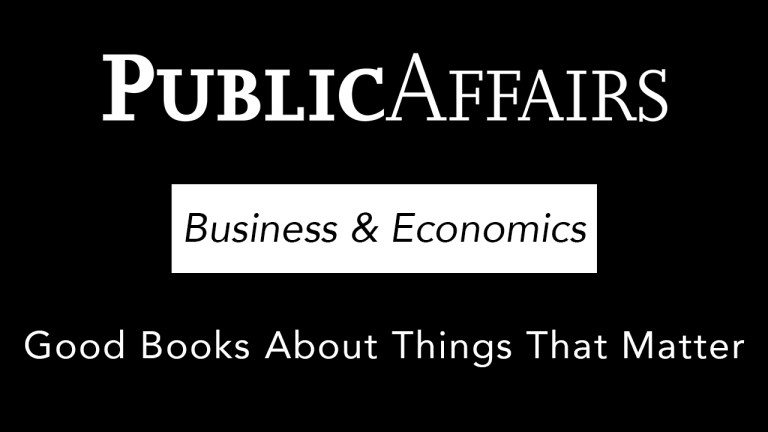“The only book I’ve ever read that made me laugh, salivate and re-evaluate my thoughts about economics – all at the same time. A funny, profound and appetising volume.”
—Brian Eno, composer
“A brilliant riposte to the myth that policymakers can survive on plain neoliberal fare. Edible Economics is a moveable feast of alternative economic ideas wrapped up in witty stories about food from around the world. Ha-Joon Chang proves yet again that he is one of the most exciting economists at work today.”
—Owen Jones
“A fascinating stew of food, history and economics.”
—Tim Spector
“Ha-Joon Chang has done it again. His prose delights and nourishes in equal measure. Somehow he manages to smuggle an urgent discussion of the relevance of economics to our daily lives into stories about food and cooking that are charming, funny and sweet (but never sour). In taking on the economic establishment, Chang is like a teddy bear savaging a rottweiler.”
—David Pilling

